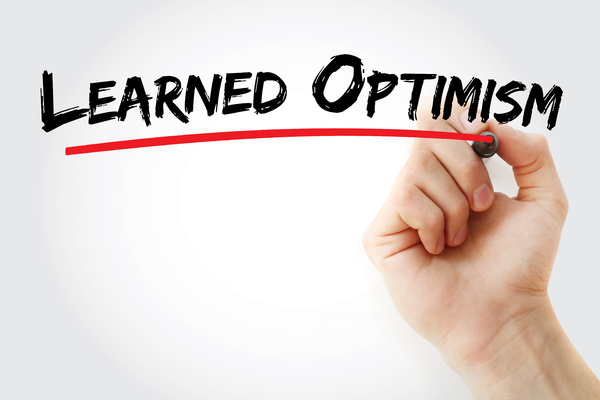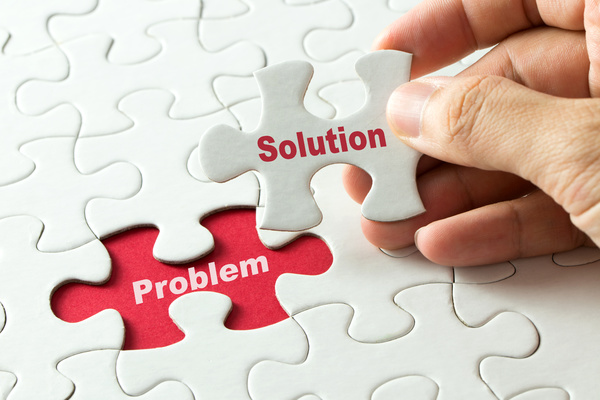THE WORLD’S #1 EXECUTIVE COACHING AND BUSINESS COACHING BLOG SINCE 2017.
Learned Helplessness: What It Is and How to Overcome It
May 10, 2021 | Category: Blog, Intelligent Leadership | Last updated on: March 12, 2025

A hallmark of leadership immaturity, learned helplessness is a mental block that prevents you from solving problems you should be able to handle.
This mental state is highly destructive in the context of leadership.
If you possess enough self-awareness to recognize the effects of learned helplessness, call upon your positive past experiences to find confidence and practical solutions. These experiences act as precedents and testimonies to your ability to handle these daunting challenges.
Definition: Learned helplessness is a mental state that prevents a person from avoiding an unpleasant or painful situation or stimulus, even though he or she could practically avoid it.
Learned helplessness results from past experiences of being unable to avoid negative stimuli.
Martin E.P. Selingman of the University of Pennsylvania is the scientist who defined learned helplessness. Selingman conducted experiments with dogs. He noted that once conditioned to accept a mild electric shock as unavoidable, his test subjects failed to take evasive action, even when he allowed them to do so.
Leadership Development and Learned Helplessness
From the perspective of leadership development, learned helplessness is a destructive mental condition that prevents growth and undermines performance. In my book “Intelligent Leadership,” I have identified learned helplessness as the root of immature leadership behavior.
Learned helplessness requires a lack of emotional intelligence and self-awareness to take root. Once it takes hold, it makes leaders believe that they are helpless and unable to deal with certain difficult situations and people. As a result, they give up and accept their helplessness to the detriment of their leadership performance and of the organization they lead.
Pervasive negative thoughts are the hallmarks of learned helplessness. An immature leader who falls victim to this mental state has ruminating thoughts such as “I can’t deal with this,” “I’m unable to handle this,” etc.
Learned helplessness can spin out of control, resulting in clinical depression and even physical sickness. It is also a factor in domestic violence, poverty, alcoholism, substance abuse, discrimination, and aging.
You can learn to be helpless, but you can also learn to be an optimist.
How to Overcome Learned Helplessness
Fortunately, learned helplessness is a control problem and not a competence one. As such, it is a treatable condition. In the same way that you can teach yourself to be helpless, you can also teach yourself that you are capable, competent, and able to control unpleasant situations.
Thinking positive thoughts is a step in the right direction. However, you cannot combat learned helplessness simply by telling yourself, “I can handle this. ” You have to lend these positive thoughts some genuine psychological weight.
As I have pointed out in “Intelligent Leadership,” the way to accomplish that is to rely on a reservoir of positively charged experiences.
Immature leaders who fall prey to learned helplessness lack such a reservoir, or worse, build one of negatively charged experiences.
Your Reservoir of Experiences – The Key to Defeating Learned Helplessness
A reservoir of positively charged experiences comprises memories of past instances in which you dealt successfully with stressful, unpleasant situations similar to the one you are currently facing.
“I’ve been through worse” is a rudimentary expression of such a positively charged reservoir.
Switch your mind to problem-solving mode.
Skilled leaders find solutions to their current problems among their past experiences. In addition to giving them a plan of action, such experiences also give them the confidence to see through the solution. Once your mind begins plotting a solution, your mindset automatically goes from “personal” to “problem-solving.”
You may not always find something matching your current predicament in this positive reservoir of yours. You have an imagination, however, and with its help, you can live the positive experiences of others vicariously. This is why the presence of a mentor or an experienced peer is important. It can offer you confidence and psychological strength when faced with never-before-seen threats and predicaments.




